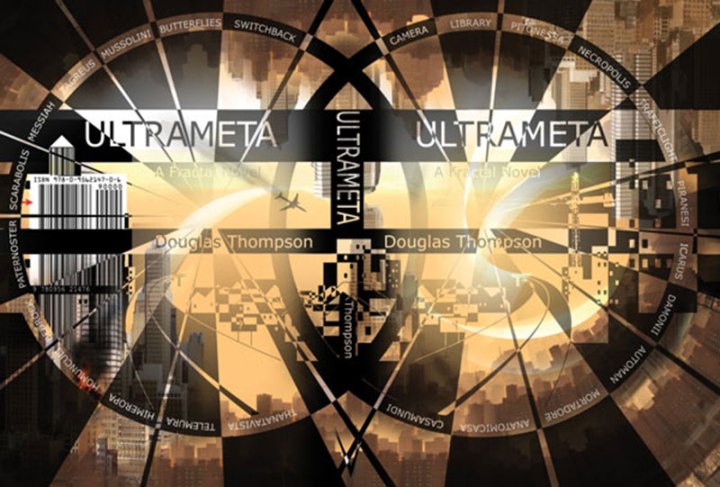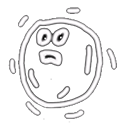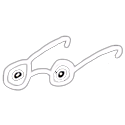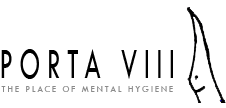lidos e para ler
Alguns livros lidos e outros para ler.
Alguns livros lidos e outros para ler.
When the bees were wiped out, famine and war threatened, mankind faced the abyss. But then came salvation, in the form of the cyber bee. Fully functional, fully capable of replacing its extinct predecessor. Humanity would survive. But suddenly, the bees are not behaving the way they should. Something is wrong…
The Exaggerated Press
Saying this book is good would be an understatement – immensely entertaining!
Douglas Thompson never cease to amaze me.
Rhys Hughes tagged me for this. In your status line list 10 books that have stayed with you.
Rhys Hughes
Don’t take more than a few minutes. Don’t think too hard. They don’t have to be great works, or even your favourites. Just the ones that have touched you.
Tag 10 friends including me so I’ll see your list.
Books that have stayed with me?
Rules: In your status line, list 10 books that have stayed with you. Don’t take more than a few minutes; don’t think too hard. They don’t have to be great works, just the ones that have touched you. Tag 10 friends, including me, so I’ll see your list.
I write this review after rereading the book on telegram mode.
If at the turn of the millennium technology started to get better and better the human race also learn to use it without worrying to live in symbiosis with nature. Why to worry about nature if with our intelligence we can overcome nature, right? We see nature more as a powerful rival than an ally.
Some of the premises of Sylvow are based (or maybe not) on this idea, but the overall text’s semiotics are remarkably more significant and complex; Sylvow goes beyond… and is terrific and simply breathless the whole time.
Sylvow is a meaningful and thought-provoking book. Right from the start, I knew this was going to be a sur(real) book, and my opinion was not changed throughout the reading. It delivers such a strong message of fear, survival, hope and love, that leaves your mind devoted to thinking about it for a long while after. It made me think about all my creature comforts, and what is actually necessary in life.
Well done, Douglas Thompson!
In short, Douglas rocks!
I often try not to have any fixed style. Being a bit of a polymath, I am influenced by things in fields outside writing, for instance art and architecture. One of my favourite architects, John Lautner, tried to make every single building he did different, to have no style, to try instead to give form to the wishes of each client. The writing analogy would be to let the content of each novel generate the appropriate style to tell it in. That said, in Lautner’s work, the influence of Frank Lloyd Wright can sometimes be traced, likewise for me you’d probably find, if you looked hard, certain key writing influences like Wolfgang Borchert, Albert Camus, Ray Bradbury, J G Ballard, John Banville.
2. What books have most influenced your life?There are so many, and we tend to refer in these situations to ones that we found at early stages of our lives. Camus’ The Fall, Borchert’s The Man Outside, Vonnegut’s Slaughterhouse 5, but there are later big moments like Ursula Le Guin’s The Dispossessed and odd ones like the painter Georgio de Chirico’s only novel Hebdomeros (in the Margaret Crossland translation)… which changed my life. Well, they all did, and many others, that’s the wonder of books.
3. If you had to choose, which writer would you consider a mentor?Among the dead, Wolfgang Borchert. For the way he uses words like intense layered music or paint, for the tragedy, poignancy and honesty of his vision. I shan’t mention any among the living, that might be name-dropping and could embarrass the modest souls in question. And also, I’ve learned never to trust the opinion of one single person of our own work. Self-belief is the hardest quality, the hardest-won, for any writer. I steer clear of literary agents because I don’t believe in the process of standardization which they dedicate their lives to.
4. What are your current projects?I’m trying to give up writing. I finished a new 85,000 word novel just before Christmas which with any luck will be the last thing I ever write (though I can hear the voices of a dozen friends laughing in my ear to hear such a suggestion of the prolific Doug ever giving up!). I can’t tell you anything about that book in a public forum, for personal reasons, but I think it might be the best thing I’ve ever written. It may come out under a pseudonym, if at all. There’s also a book of my poetry will be published by the influential Red Squirrel Press in 2017, but unfortunately I can’t talk about that either. Terry Grimwood’s Exaggerated Press will be bringing out a major collection of my short stories later this year (31 in all), to be called ‘The Sleep Corporation’, which may be slightly controversial in that it will reveal a surprising pseudonym I’ve also been writing under.

cover ultrameta
In the meantime, these days I do occasional poems and digital paintings, which I print onto canvas. My first exhibition opens next week in Glasgow. Sometimes the paintings inspire the poems and sometimes vice versa. I’m trying to find and encourage other polymathic writers to try the same thing. It helps me to find inspiration from a wider range of sources, and to uncover areas of my own inner narrative which I might be hiding from. Follow your obsessions, as J G Ballard said, and sometimes that will take you across a busy motorway on all fours, but follow you must, wherever it takes you.
5. How much research do you do?It varies. For my latest manuscript, all I had to do was live. For my philosophical science fiction novel ‘Entanglement’ I had to read up about all the known exoplanets that might support life and what their atmospheres might look like. For my historical novel ‘The Brahan Seer’, I had to read quite a bit of Scottish history and visit dozens of locations around Scotland. But that was another obsession, something I’d been doing for a lifetime anyway, so not a chore. My fellow Glaswegian writer J David Simons has a theory about historical research that you should always do as little as possible and forget about it afterwards… meaning many a good book is spoiled by the writer feeling so proud of some research that they have to shove pages of it into the reader’s face. I think this comes back to a bigger strategic issue in writing for me: that you have to have something to say, and everything in your book should serve that message. I think there are two kinds of book in the world actually: those with something to say, and those with nothing to say (most bestsellers). When anyone calls me a stylist I wince, and think of hairdressing. The message is everything.
6. Do you write full-time or part-time?Part-time, and No-time if I can manage it. I only work at the day job 3 days a week, but my first 2 novels were written while in full-time employment, so I don’t believe that these vast amounts of time are actually necessary, or indeed healthy, for good writing. Write in the margins of your life, since ultimately that very life is your subject-matter and inspiration, metaphorically or literally.
7. Where do your ideas come from?Life. Every day, the ongoing drama of the world and my own occasionally tormented place within it. The stupidity of human beings (myself included)… that’s always a rich source! I reckon we probably shouldn’t look for ideas, but think like artists. Sketch a hedgerow, a tree, see what comes of it. Draw out the mysterious hidden thread inside yourself and follow it and see where it leads. Use metaphor. Turn your pain into beauty whenever you can. But I wonder if I should answer this more simply. Philosophical conversations in pubs with friends often crystallize ideas, as does listening to song lyrics and looking through books on brilliant artists like Dorothea Tanning, that sort of thing.
8. How can readers discover more about you and you work?My blog is a good place to start: https://douglasthompson.wordpress.com
And my old original website is still up: http://www.glasgowsurrealist.com/douglas
where you can read some of my earlier short stories from books like Ultrameta which are still occasionally finding new readers and making people’s head hurt.


são regularmente gastos na produção e manutenção deste blog uns bons pedaços de caldo, suaves e frutadas cervejas.
my goal is to keep me satisfied!
porta VIII is my personal site. Grab a beer and sit tight.
Are you comfortable? Take a look around to the new stuff and adventure trough the archives. Cá me podem encontrar a percorrer o mesmo caminho; a arrotar bom dia, boa tarde, boa noite, e por vezes um até já.
